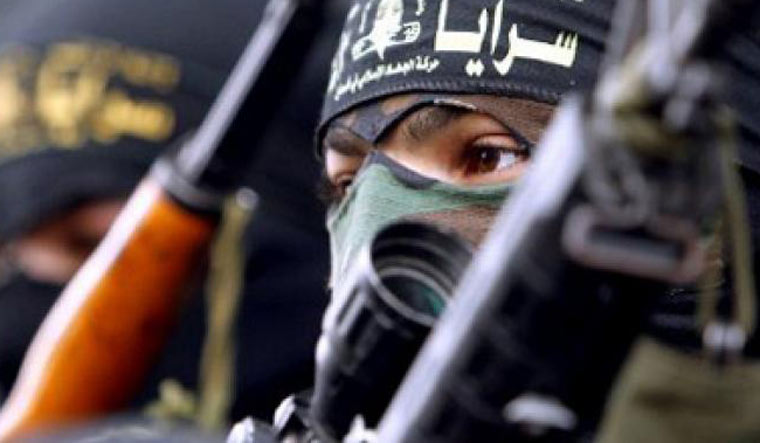After the Kabul airport attack propped up the Islamic State of Khorasan Province (ISKP) as one of the most potent outfits in the region, there are reports of efforts being made by Pakistan to create an alliance with Taliban in the “new war on terror against Daesh” in the region.
This not only affords deniability to Pakistan, said a senior security official, but also takes the heat off the terror groups like LeT, Jaish-e-Mohammed and the Kashmir-centric entities who can then be used to step up terror activities, particularly in Jammu and Kashmir.
“The ISKP is planning to target western and Indian interest, inimical to Pakistan and Taliban in Afghanistan”, according to latest intelligence inputs.
Secondly, the emergence of ISKP is expected to shift focus from Taliban after 20 years, which in comparison, becomes a better bet and more acceptable to the west and other regional countries compared to the “brutal ISKP”, said an official.
After the Daesh threat had waned off post US strikes in Syria, security sources said Pakistan ISI has been trying to build a new proxy in ISKP and is co-opting Indians into the ISKP and using them to target Indian interests in the region.
The 2020 attack on a gurdwara in Kabul allegedly by an Indian is a pointer in this direction. That attack had brought into limelight the Indians who had allegedly joined ISKP thereby giving Pakistan a cover for its support to Afghanistan-based terror outfits.
As per reports, Pakistan ISI is believed to have infiltrated a sizeable number of Lashkar-e-Taiba and Haqqani network carders into the ISKP with the aim to exploit the group for its own goals.
The Pakistan-ISKP connection, however, stands exposed with links between some of its commanders and the Pak establishment, revealed at least in three instances. Afghanistan-based former militant commander Abdul Rahim Dost, a former religious head with ISKP, had been arrested after 9/11 and Pakistan freed him a few years later.
The LeT, ISI and ISKP connection is also exposed through Ismail Punjabi, who had worked with members of the Lashkar in the planning of the Mumbai 26/11 terror attack. Ismail, an Indian national, was allegedly in charge of foreign national affairs of the ISKP. He had joined Al Qaeda and then switched over to ISKP in 2015. He was killed the following year.
Three years later in July 2019, Huzaifa Al Bakistani, belonging to Nangarhar province in eastern Afghanistan, was killed in a drone strike along with nine other associates. He, too, was an ex-LeT member. Huzaifa was the son-in-law of Aijaz Ahmad Ahangar alias Abu Usman al Kashmiri, who had also joined the ISKP. He was an ex-leader of Pakistan-backed groups Tehreek-ul-Mujahideen and Harkat-ul-Mujahideen.
Ahangar, 55, had been arrested in a raid along with ISKP chief Aslam Farooqi and 20 others from Kandahar province. Ahangar is the son-in-law of Abdul Gani Dar alias Abdullah Ghazali, former chief of the TuM and an LeT commander.
“Presently none of the top leadership of ISKP is known for their anti-Pakistan position,” said a security official.
“On the contrary, some of those who became top leaders of ISKP are known for their previous ISI links,” said the official.
Abdul Haseeb Logari is one such example. He was an influencer with the Haqqani network before becoming part of ISKP. After the death of Logari, Aslam Farooqi was chosen as leader of the group but due to allegations of his links with ISI, Afghan and Uzbek fighters opposed his leadership. Farooqi, when arrested was in Kandahar, on his way to crossing over to Pakistan through the Chaman border.
Indian security agencies are aware that a potent nexus is being built between Pakistan-based terror outfits and ISKP by the ISI and its engagements with their counterparts in the region are part of their efforts to counter this latest nexus.





